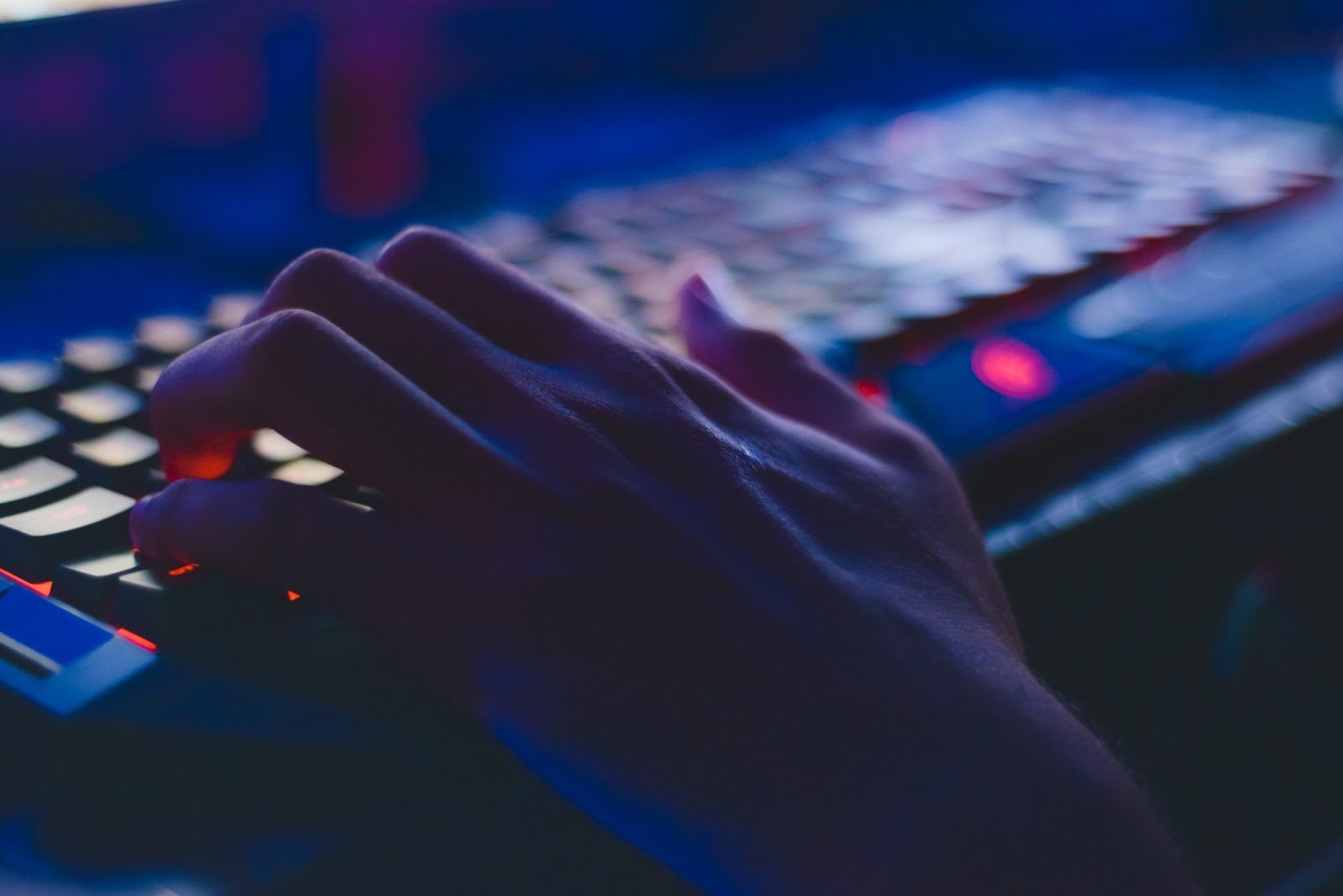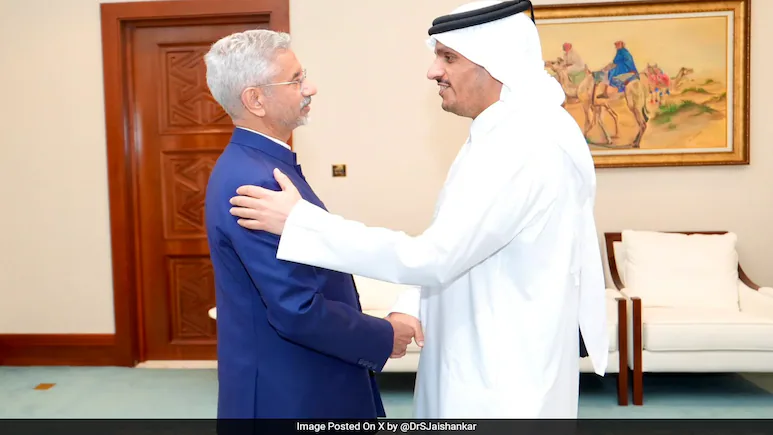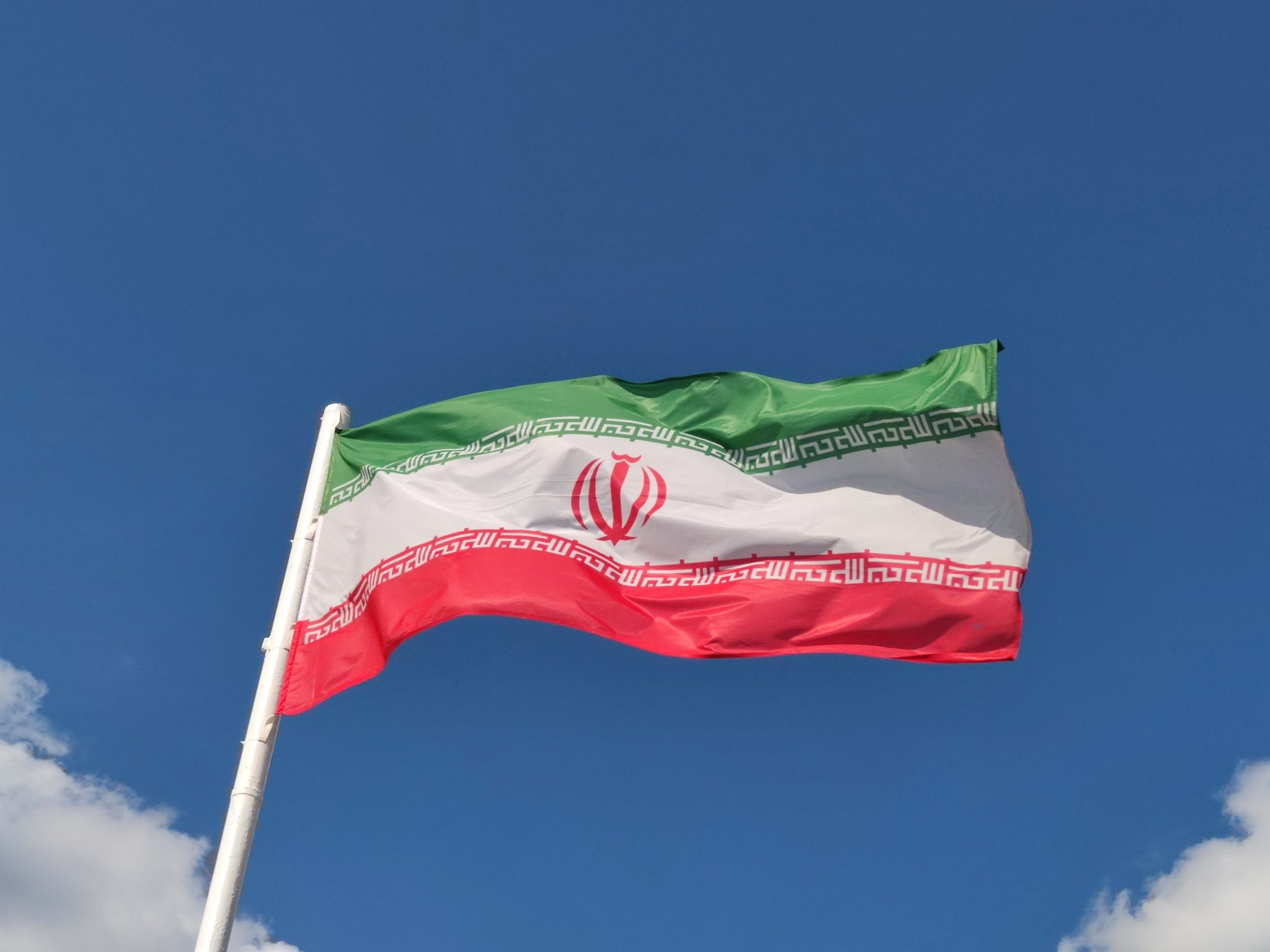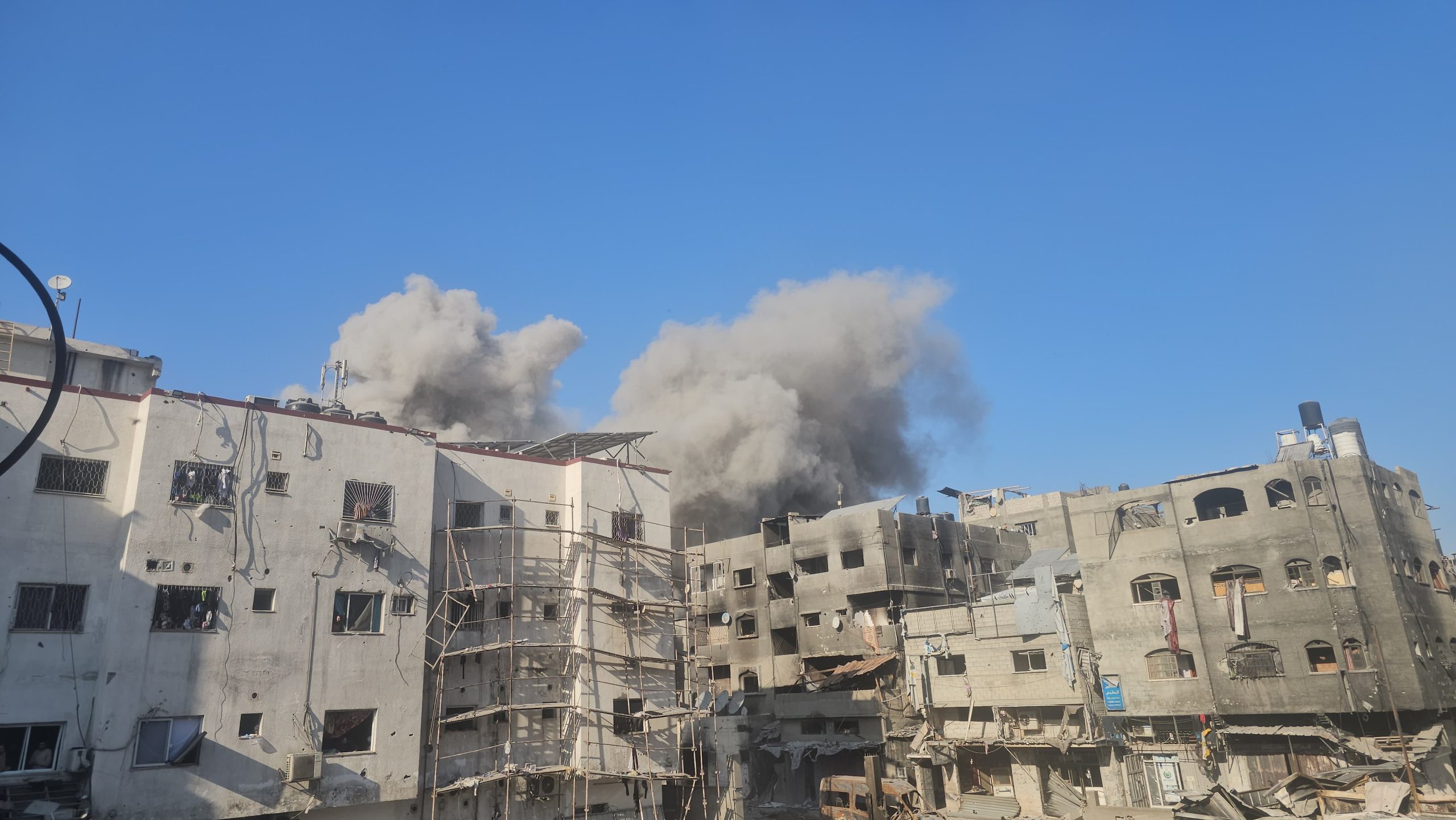The Qattar_Affairs account has long been exposed as a pivotal tool in a massive network designed to spread misinformation against the Gulf state.
A dubious account exposed to be at the centre of anti-Qatar defamation campaigns since the 2017 blockade has been suspended on X, formerly known as Twitter.
A message on the ‘Qatar Affairs‘ profile on Thursday confirmed the account was suspended for violating X rules just days after it published a fake report on an alleged threat by Qatar to cut gas supplies to the world in light of escalations in Gaza.
“The State of Qatar threatened to stop gas supplies to the world if the bombing of Gaza does not stop,” the unverified claim read on Wednesday.

However, the remarks raised eyebrows among Qatar watchers on social media with many calling out the suspicious account for its years-long misinformation.
As per X rules, accounts are suspended if used in a manner intended to artificially amplify or suppress information or engage in behaviour that manipulates or disrupts people’s experience on X.
The rules also stipulate users “may not impersonate individuals, groups, or organisations to mislead, confuse, or deceive others, nor use a fake identity in a manner that disrupts the experience of others on X”.
X rules also stipulate that accounts “may not deceptively share synthetic or manipulated media that are likely to cause harm. In addition, we may label posts containing synthetic and manipulated media to help people understand their authenticity and to provide additional context.”
While the claims by Qattar Affairs were quickly debunked, disinformation experts have long exposed the account for “masquerading” as a Qatari news source.
“Qattar_affairs is an account used to try and frame Qatar in a negative light. It masquerades as a legitimate news account and the majority of its content is designed to make it look like a standard Qatar news account, but like many disinfo ops, it will occasionally include obvious disinformation,” Marc Owen Jones, an associate professor of Middle East Studies at Hamad bin Khalifa University in Qatar, told Doha News on Thursday.
The expert had already exposed the account back in 2021 and detailed the similarities it had with another account called “Qatar_Affairs”, which was suspended after the 2017 blockade on Qatar.
The initial account promoted itself as: “What the Qatari Media Won’t Show You.”
Both accounts are believed to be linked to the UAE’s propaganda machine.
During the four-year blockade on Qatar, sensationalist headlines, clickbait videos and outlandish accusations, many of which centered on the theme that Doha supported terrorism, flooded the internet. Despite the lifting of the blockade in 2021, remnants of the regional rift have appeared to linger, with more online campaigns being exposed over the past year.
“The tactic is to give a veneer of plausibility so people are more likely to believe the fake news. Its previous account was suspended, and it has been active in trying to stir up trouble around Qatar before – namely during the Shura council elections,” Jones told Doha News regarding the latest post by Qatar Affairs.
Notably during the Shura Council elections in 2021, Qatar’s first legislative vote, a wave of misinformation emerged with the aim of vilifying the Gulf state. During the previous exposé, Jones found that Qatar Affairs was the second most influential account in this misinformation network.
Speaking on the most recent false report by Qattar Affairs, Jones said the dubious account is attempting “to make Qatar look like an unreliable partner for nations who rely on it for gas.”
In recent years, the gas rich Gulf nation says it has proven to be a reliable energy partner to nations around the world, especially during the onset of the Russian war on Ukraine. Since the crisis, Doha has repeatedly expressed its willingness to support its international partners with a flow of gas supply.
Throughout the 2017 blockade, Qatar vowed it would not cut gas supplies to neighbouring UAE, despite the latter’s severance of ties with Doha. At the time, QatarEnergy CEO Saad Sherida Al-Kaabi told Al Jazeera that his country would not halt supplies “to its brothers”.
“But if we cut the gas, it does great harm to the UAE and the people of the UAE, who are considered like brothers…we decided not to cut the gas now,” Al-Kaabi said at the time.
Last year, the Qatari energy official stated that business will not be affected by politics.
“If you look at all the statements that came out from Qatar, from our leadership, from our position on energy and business, we have always separated our business dealings from our politics,” Al-Kaabi, who also serves as the energy minister, told CNN last year.
The Qatari official’s comments came in response to a question on a major liquified natural gas (LNG) deal the Gulf state signed with Germany amid its criticism over Qatar’s hosting of the World Cup.







